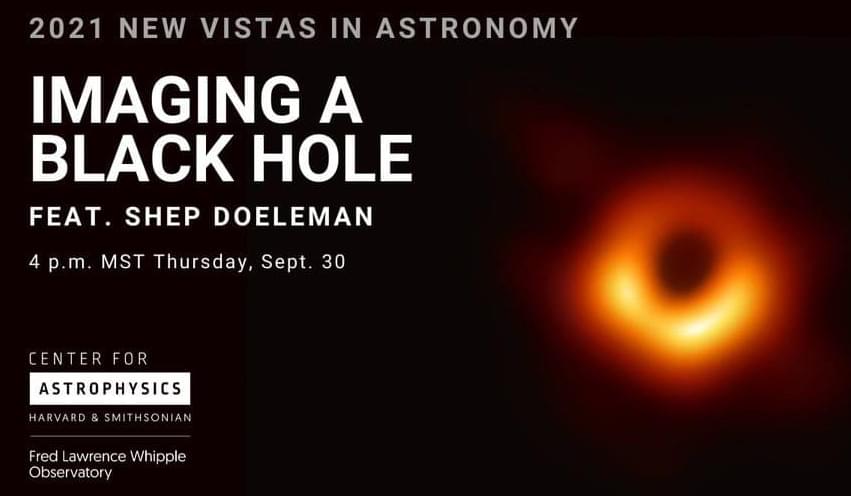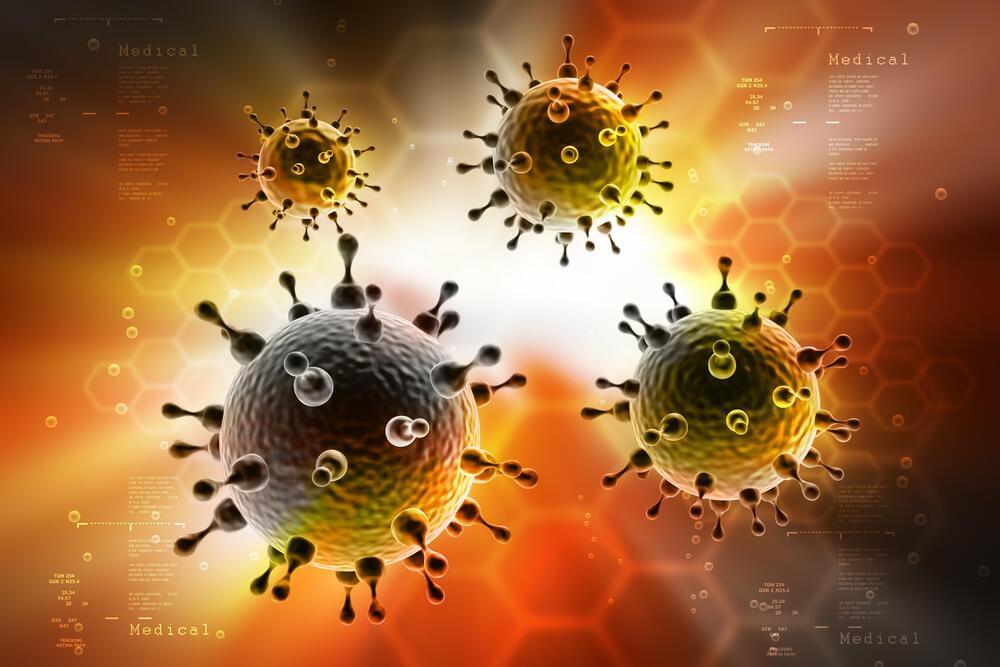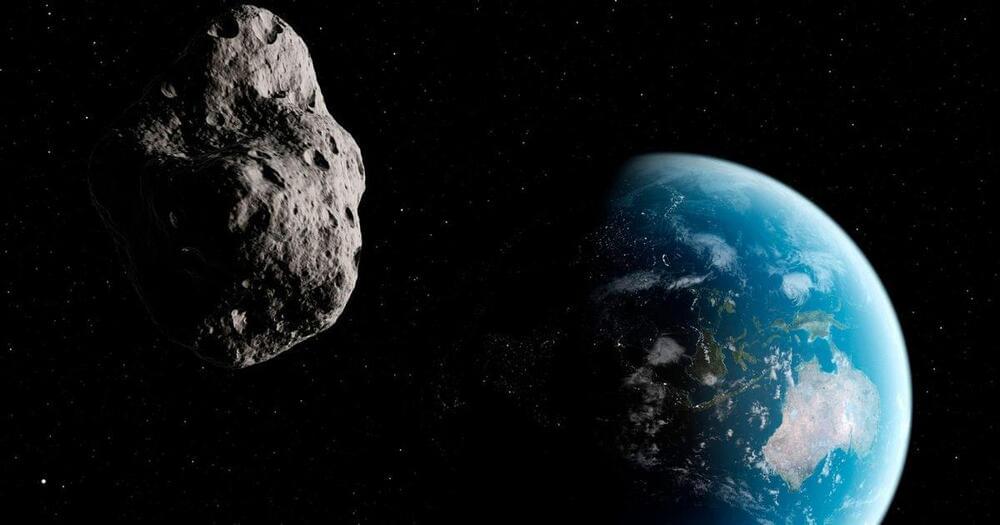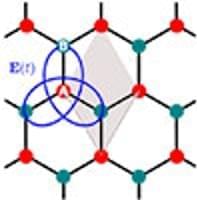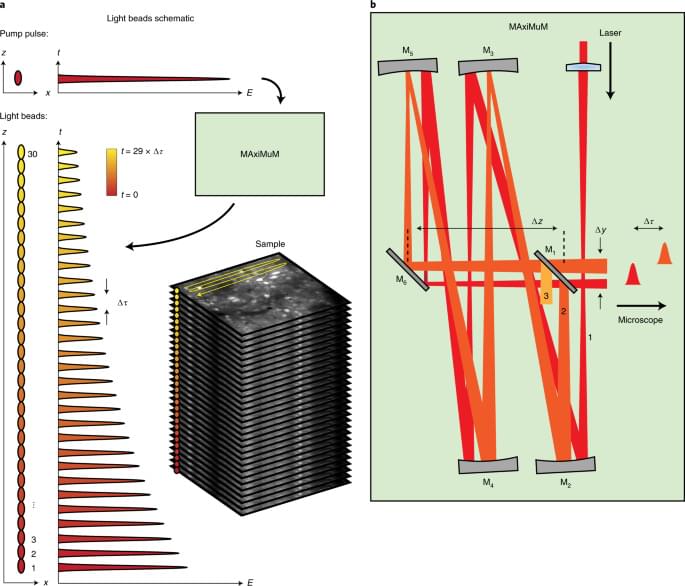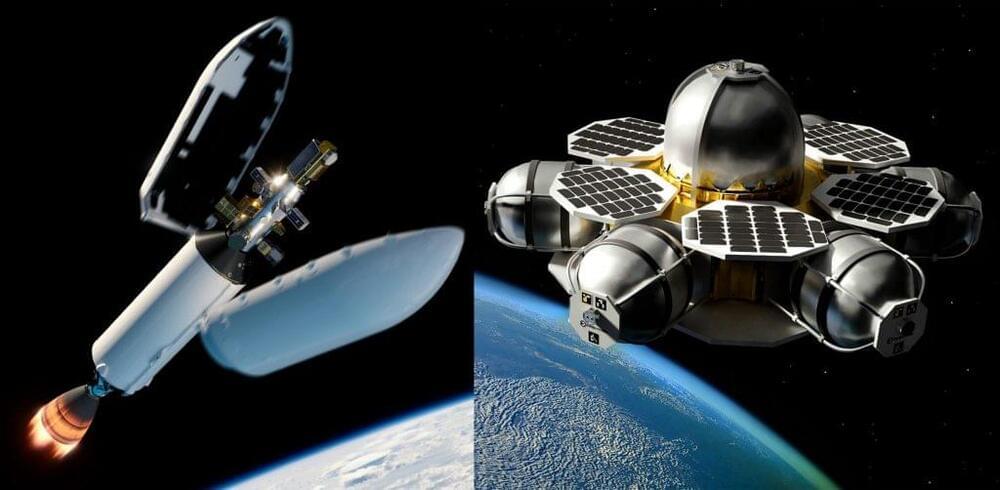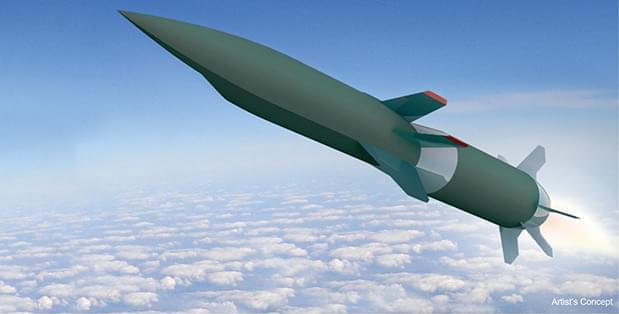The Hypersonic Air-breathing Weapon Concept (HAWC) vehicle, developed under a partnership of the Air Force and the Defense Advanced Research Projects Agency, made a free flight the week of Sept. 20 a DARPA spokesman said, but most details are being withheld. The vehicle, which was built by Raytheon Technologies with a hypersonic engine built by Northrop Grumman, flew faster than Mach 5 but DARPA declined to say how long the vehicle flew.
The engine “kicked on” seconds after being released from an aircraft, which DARPA and the Air Force declined to identify, although DARPA expressed appreciation to “Navy flight test personnel.” The Navy has been conducting hypersonic missile research with F/A-18 aircraft.
The engine “compressed incoming air mixed with its hydrocarbon fuel and began igniting that fast-moving airflow mixture, propelling the cruiser at a speed greater than Mach 5,” DARPA said. In order for the scramjet engine to ignite, the vehicle must be moving at hypersonic speed, so a booster is used for that portion of the flight.
